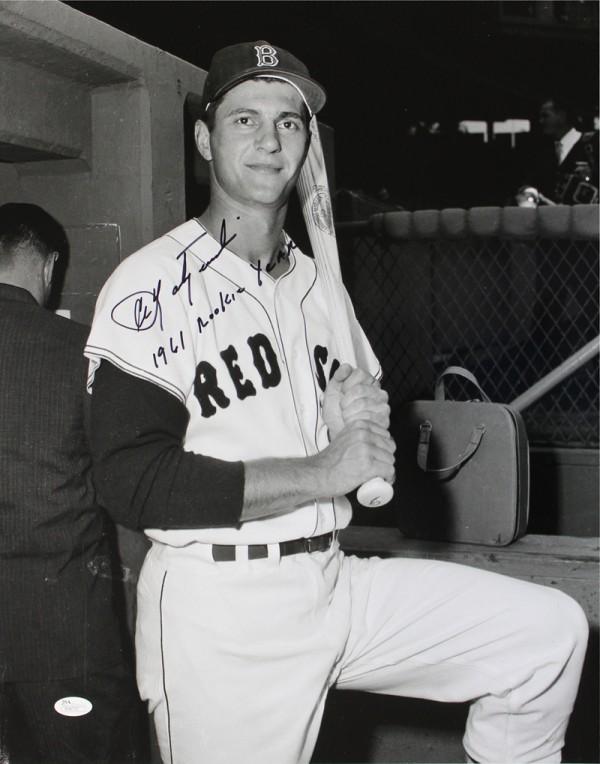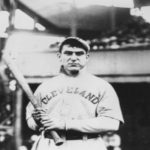One of the National League’s most productive hitters and arguably its top third baseman since first becoming the New York Mets’ starter at the hot corner midway through the 2004 campaign, David Wright appears to be well on his way to eventually establishing himself as the finest position player in team history. While Keith Hernandez, Mike Piazza, and Carlos Beltran all experienced a considerable amount of success during their time in New York, they all had several of their peak seasons playing for other teams. Darryl Strawberry came up with the Mets and became a star with the team during the 1980s. However, the glow to Strawberry’s star gradually lost much of its luster as the enigmatic outfielder drifted into years of substance abuse. Wright, on the other hand, began his major league career with the Mets, has excelled with the team throughout his time in New York, and shows no signs of slowing down as he enters what is generally considered to be the peak period for a professional athlete. Only 28 years of age at the start of the 2011 campaign, Wright has already appeared in five All-Star games and finished in the top 10 in the league MVP voting three times, while establishing himself as the face of the New York Mets franchise.
Born in Norfolk, Virginia on December 20, 1982, David Allen Wright grew up in nearby Chesapeake, Virginia, where he attended Hickory High School. After earning All-State honors in baseball for three straight years and being named the 2001 Gatorade Virginia High School Player of the Year, Wright signed with the Mets when they selected him with the 38th overall pick in the first round of the 2001 amateur draft. Advancing quickly through New York’s farm system, the young third baseman spent three years in the minor leagues before earning his first call-up to the majors midway through the 2004 campaign. Deemed a “can’t miss” prospect by everyone in the Mets’ organization, Wright lived up to his advanced billing by hitting 14 homers, driving in 40 runs, and batting .293 in his 69 games with the club.
Continuing to reward the Mets for the faith they placed in him, Wright posted outstanding numbers in his first full season with the team the following year. In addition to finishing second on the club with 27 home runs, he led New York with 102 runs batted in, 99 runs scored, 301 total bases, 42 doubles, a .306 batting average, a .388 on-base percentage, and a .523 slugging percentage. At that juncture, the only flaws in the young infielder’s game appeared to be his penchant for striking out and his somewhat erratic play in the field (he fanned 113 times over the course of the season and committed a league-leading 24 errors at third base). Yet, Wright’s exceptional offensive production made his relatively high strikeout total easy to accept, and he was far from a liability on defense. Although the accuracy of Wright’s throws to first base often left much to be desired, he had good range and quickness, leading all N.L. third basemen with 336 assists.
Wright continued to excel in each of the next three seasons, establishing himself in the process as one of the National League’s premier players. After driving in a team-record 74 runs before the 2006 All-Star break, Wright slowed up considerably over the season’s final three months. Yet, he still managed to finish the year with 26 homers, 116 RBIs, 96 runs scored, and a .311 batting average, en route to earning his first All-Star selection and a ninth-place finish in the league MVP voting. Wright then put together his two finest all-around seasons in 2007 and 2008, placing among the N.L. leaders in numerous statistical categories each year. He batted a career-high .325 in the first of those years, while also hitting 30 homers, driving in 107 runs, scoring 113 others, collecting 196 hits and 42 doubles, stealing 34 bases in 39 attempts, and compiling a career-best .416 on-base percentage and .546 slugging percentage. Wright’s 30 home runs and 34 steals made him just the third player in Mets’ history to surpass the 30-mark in both categories in the same season (Darryl Strawberry and Howard Johnson were the first two). New York stumbled down the stretch, losing out on a postseason berth in the season’s final days, but Wright’s outstanding performance nevertheless earned him a fourth-place finish in the league MVP voting. He also won his first of two straight Gold Gloves for his solid defensive work at third base. Wright followed that up by establishing new career-highs with 33 home runs, 124 runs batted in, and 115 runs scored in 2008, while also batting .302 and accumulating another 42 doubles, en route to earning a seventh-place finish in the league MVP balloting. The slugging third baseman’s 124 RBIs placed him second in the National League, and he also finished second in the senior circuit in hits (189), third in runs scored, and third in total bases (334).
The Mets moved out of Shea Stadium, which had long been known for being a pitcher’s ballpark, into the even more spacious Citi Field in 2009. The change in scenery seemed to adversely affect Wright, who struggled with the new ballpark’s vast expanse in right-center field. Although a right-handed hitter, Wright previously displayed an uncanny ability to drive the ball over Shea Stadium’s right-centerfield wall. In fact, the muscular six-foot, 210-pound third baseman’s natural power-stroke seemed to be to right-center. However, the dimensions of his new home ballpark seemed to cause Wright to alter his swing somewhat, prompting him to have the poorest offensive season of his young career. Although he batted .307, he hit just 10 homers, knocked in only 72 runs, and struck out a then career-high 140 times. Still, Wright accumulated 39 doubles, stole 27 bases, and made his fourth straight All-Star Team.
Wright adjusted much better to his new surroundings in 2010, increasing his power numbers to 29 home runs and 103 runs batted in. Yet, his batting average fell to .283, and he also struck out a career-high 161 times, leaving one to wonder if he still needs to make some adjustments to his hitting style. Heading into the 2011 campaign, Wright has 169 home runs, 664 runs batted in, 639 runs scored, a .305 career batting average, and a .383 on-base percentage. With 258 career doubles, he is already the Mets’ all-time leader in that category. Wright has surpassed 30 homers twice, driven in more than 100 runs five times, scored more than 100 runs twice, accumulated more than 40 doubles four times, stolen more than 20 bases three times, and batted over .300 in five of his six full major league seasons. He has led all N.L. third basemen in putouts twice and assists three times. Having finished out of the playoffs the past four seasons, the Mets have indicated they are willing to make numerous changes to their roster going forward. However, trading away the “face of the franchise” does not appear to be one of the options they would seriously consider.




